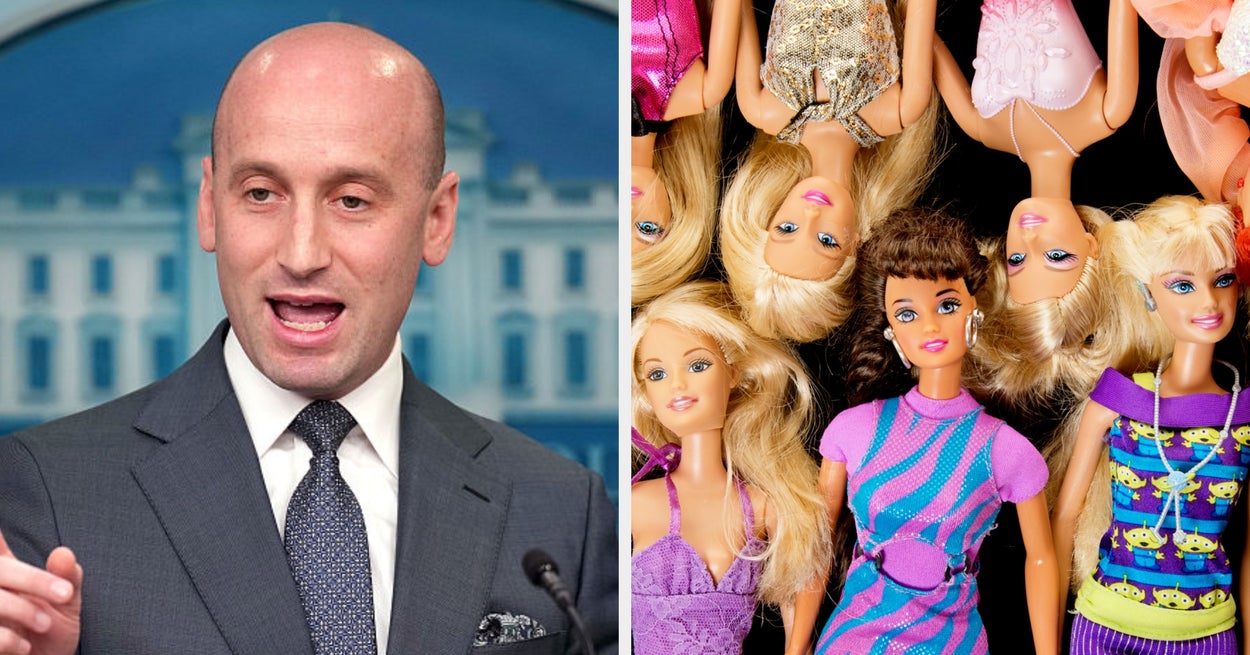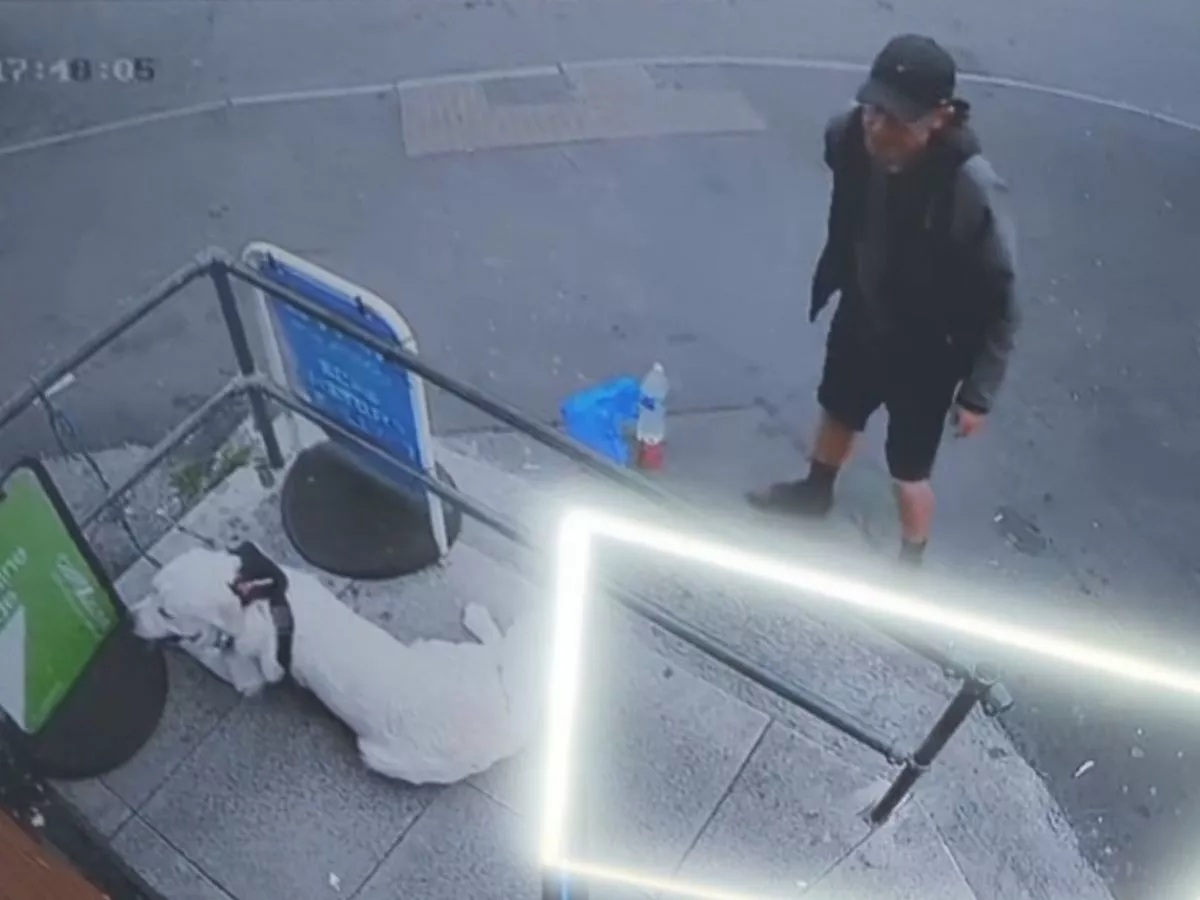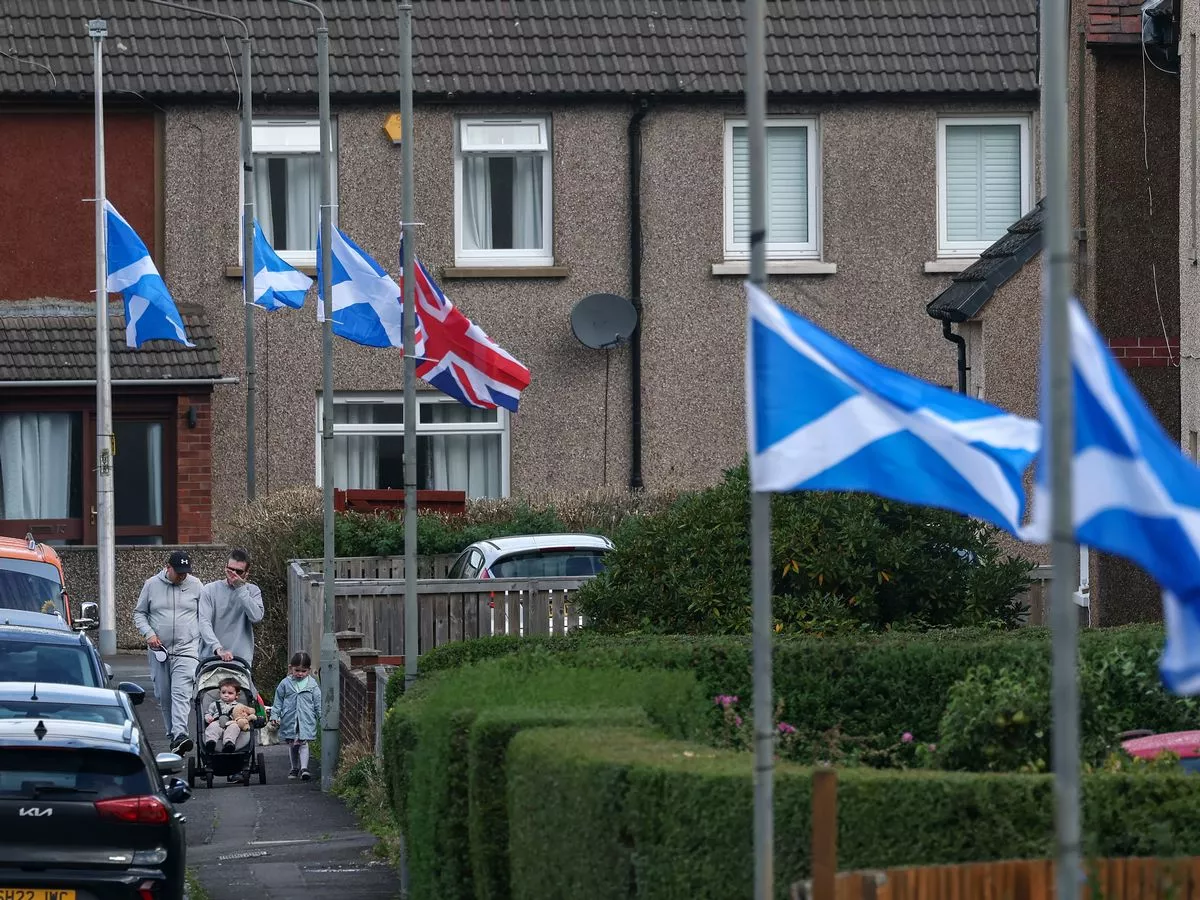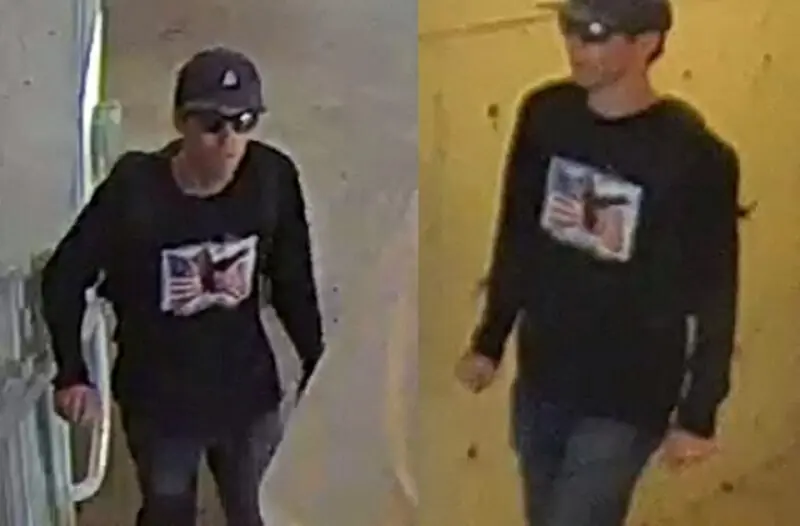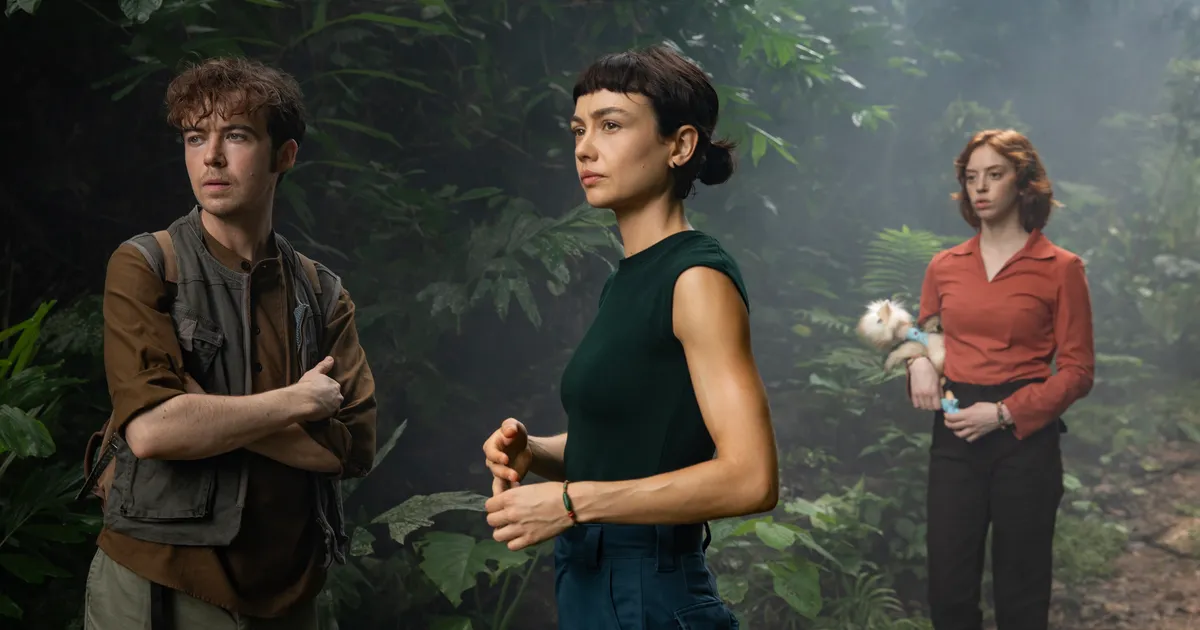
At the core of Alien: Earth, a very human show about mostly nonhuman creatures, is a girl who will never grow up. As a human, Wendy (Sydney Chandler), née Marcy, had a terminal illness, and rather than succumb to the disease, she gave her mind over to Prodigy, a corporation that uploaded her subconscious into a part-synthetic being. Now, Wendy lives — as much as something who does not have a heart can — in the body of a young adult with the mind of a preteen, working and learning on a remote island with the other Lost Boys, children who will never grow old. That is, until disaster strikes, because it’s Alien and disaster always strikes. A Weyland-Yutani spacecraft carrying what else but a dangerous Xenomorph (and friends!) crashes on Earth, letting loose horrors that typically run amok in space. Amid the ensuing violence, Wendy is reunited with her brother Hermit, played by Alex Lawther, an Army medic who continued to age and change in his sister’s absence. Wendy and Hermit’s attempts to resume their relationship often takes a backseat to the gory spectacle of Alien: Earth, but the siblings are the beating heart of the show’s drama.
For Hermit, their reunion is bittersweet. He remembers burying Marcy. Who’s to say this woman is really his sister as he once knew her? Can he love her like a flesh-and-blood relative? This tension reaches its peak in the conclusion of the penultimate episode, “Emergence,” when a confrontation between Wendy and her fellow synthetics and Hermit and his military team escalates into violence. Believing Nibs (Lily Newmark), a Lost Boy who carries around a stuffed animal, might kill one of his teammates, Hermit shoots her in an act of self-preservation. “What did you do?” Wendy screams, her horror expressed in an 11-year-old’s tantrum. Hermit, to his credit, seems equally baffled by his actions and drops his gun in a state of panic. Something has ruptured between the siblings, laying their differences — in body, mind, and organic material — out in the open.
For Lawther, a consummate character actor who broke big with Black Mirror’s harrowing “Shut Up and Dance” and Netflix’s The End of the F***ing World, the role of Hermit is one of quiet conflict and moral reckoning: “I really liked being asked to play someone quite tender in an otherwise violent, alien world.”
Hermit is singular in the show, finding himself at a crossroads between the human characters intent on science and profit and the synthetic characters who mystify and trouble him. All of this comes to a head at the end of this most recent episode. How were you thinking about his alliances as you played him?
Up to that point, Hermit positions himself as someone who is the only reasonable caregiver to Wendy. Initially, he’s the only person who seems to have the best interest of the Lost Boys at heart. When he shoots Nibs, he opens fire on a child — or someone he has been considering a child. If he considers Wendy a sister, that means he is able to see her as an 11-year-old girl, which should also apply to the other Lost Boys. But if he’s able to open fire, either he thinks it’s okay to shoot a child, or he’s saying, No, I consider you as other, and I don’t consider you as a human being, and I position you further down the hierarchy of sentient creatures. It’s devastating either way, discovering that about himself. I’m not sure how safe his sister is in Hermit’s hands if he’s willing to pit her below other human beings.
Part of the enduring appeal of the Alien series is, yes, there’s the Xenomorph and blood and guts, but what sits at the heart of a lot of these entries are these philosophical and often anti-capitalist reckonings about who or what is worth more than something else. How did you see Alien: Earth fitting into that world?
Yeah, there’s just a dread, isn’t there? From the very beginning of where Noah positions humanity in the timeline, Earth has been carved up into these five mega corporations, including Prodigy, which is run by this barely pubescent teenage boy called Boy Kavalier (Samuel Blenkin). We see from the start that everything in this world comes with a price tag. Even Hermit’s care for his sister — she has to be a certain type of person in order for him to look after her properly, right? She has to pass his litmus test of humanity. Their relationship comes at a cost, and that’s part of capitalism, right? Nothing is given freely; everything has certain terms, or a contract.
Hermit and Boy Kavalier are positioned as polar-opposite types of brothers. They both think they’re doing the right thing by Wendy or that they alone understand what she needs from the concept of a brother.
Yet neither of them are letting her speak for herself! Boy Kavalier is interested in the product that she is, and Hermit seems to be interested in her filling the hole his dead sister left — which she is in some ways, but she’s also more than that. The greatest tension that lies between them is that Hermit needs to learn, as a parent would, that when a child grows up, they might be unrecognizable. Have you read Maggie Nelson’s On Freedom: Four Songs of Care and Constraint?
I haven’t.
I’m sure I’m misquoting, but Nelson talks about how she looks at her son and sees him both as a baby but also as the 8- or 9-year-old kid he is. And while looking at him, she talks about this thing called “thick time” where you’re able to see multiple iterations of a person at the same time and it’s quite discombobulating! That 8-year-old no longer needs to be treated like a newborn, but you still recognize that newborn in the eight-year-old. Hermit has to learn to give space to that new person in Wendy, and not just think of her as 10-year-old Marcy.
One of the really lovely and almost kind of funny scenes in the show is the revelation that Hermit and Marcy bonded over the movie Ice Age as children. It’s such an unexpected reference point for them. Is there a movie or TV show that would be a tether for you if you were in their position?
Do you know that show, Sister, Sister? On Nickelodeon, maybe? My sister and I would always sing that theme song to each other. I spent a lot of time prepping for this show thinking about things I share with my own sister. There’s a piece of music in the second episode, “Accentuate the Positive,” and it’s sung by the young version of Hermit, played by Noah’s son, to his sister. Those touchstones of the past are almost longing for a more analog time. Hermit and Marcy wouldn’t be born yet in 2025, so that song and Ice Age would be really, really retro for them. It’d be the equivalent of, like, the 1900s — I don’t know if some people are longing for Victoriana these days — but in the show, there is a longing for a pre-digital time. I don’t know about you, but I was born in 1995 and basically grew up with a computer at home where I would play Zoombinis.
I loved that game.
Great, great educational game.
Even that feels retro now compared to, like, Roblox.
Completely. You know what, I also loved Sabrina the Teenage Witch. I used to have dreams about being at school and pointing at people and casting spells.
You’ve directed some short films, and you’ve worked across a number of genres and scales as an actor. What did you take away from your time on Alien: Earth as a filmmaker?
During the making of Alien: Earth, I was editing a short film that I’d made a few months prior. We shot it in four days in southeast London with two actors, and we made it for, like, the catering costs for one lunch on the Alien set. The comparison was really illuminating. I appreciated the artistry and the craftsmanship of those set builds on Alien: Earth, yet also, when you’re on a short-film set, it was great to know everybody’s name on the first day, and then you all go to the pub on the last day. I’m really glad I’ve got one to counterbalance the other, because I get to witness the bigness of things like Alien while seeing what I can make with a group of friends. I wish there were more gradients along that scale, particularly in terms of stuff that’s getting made.
I’ve seen a few videos going around of some of the Xenomorph puppets. What was it like to interact with them?
Well, there’s the big one and then the little one, Mickey, who gets born out of Hermit’s lung. I was on the sore end of those guys a few times. I mean, I’m glad they were real. Maybe it’s liberating in some ways to act up against a tennis ball, but it makes everybody’s job less embarrassing when there’s a physical thing, a person or puppet. On a practical level, all the actors and crew are looking in the same place, and we all know what is fucking going on rather than being like, “Who knows what Alex is doing, we’ll fix it later.”
You’ve worked in a lot of genre stuff — sci-fi, fantasy, period pieces. I’m curious if that’s by design or if that’s a mode that compels you.
I wish I was better at making choices by design! To me, essentially, the question is: Is the writing good writing? That’s what I find myself chasing and longing for. Something that’s odd and fun is that in doing interviews for Alien: Earth, I found that there’s been some overlap in fans between this and the show I did in the Star Wars world called Andor. It’s quite legitimizing to be able to cross-reference them, or talk about one in terms of the other.
Speaking of Andor, Nemik’s manifesto has had a second wind this year, coming off the screen and out into the real world. How has that speech resonated with you since you first delivered it?
I think it’s beautiful. I really love the ambition of Tony Gilroy, using a franchise as a vessel to wear his politics so clearly. He’s taking a story about pushing against the fascist systems we live under and putting it in this shiny sci-fi wrapping in a way that feels really mischievous. I also just loved making that show, and working with Diego Luna and Ebon Moss-Bachrach and Faye Marsay. We had a really good time together. It’s always nice when things have continued relevance.
Speaking of continued relevance, I’d be remiss not to mention one of my favorite projects you were in — the Masterpiece Theatre Howards End.
I love that novel. “Only connect!” Honestly, that’s my thing — that’s what I’m taking into the future, Howards End, everything Forster, Maurice, all of it!
